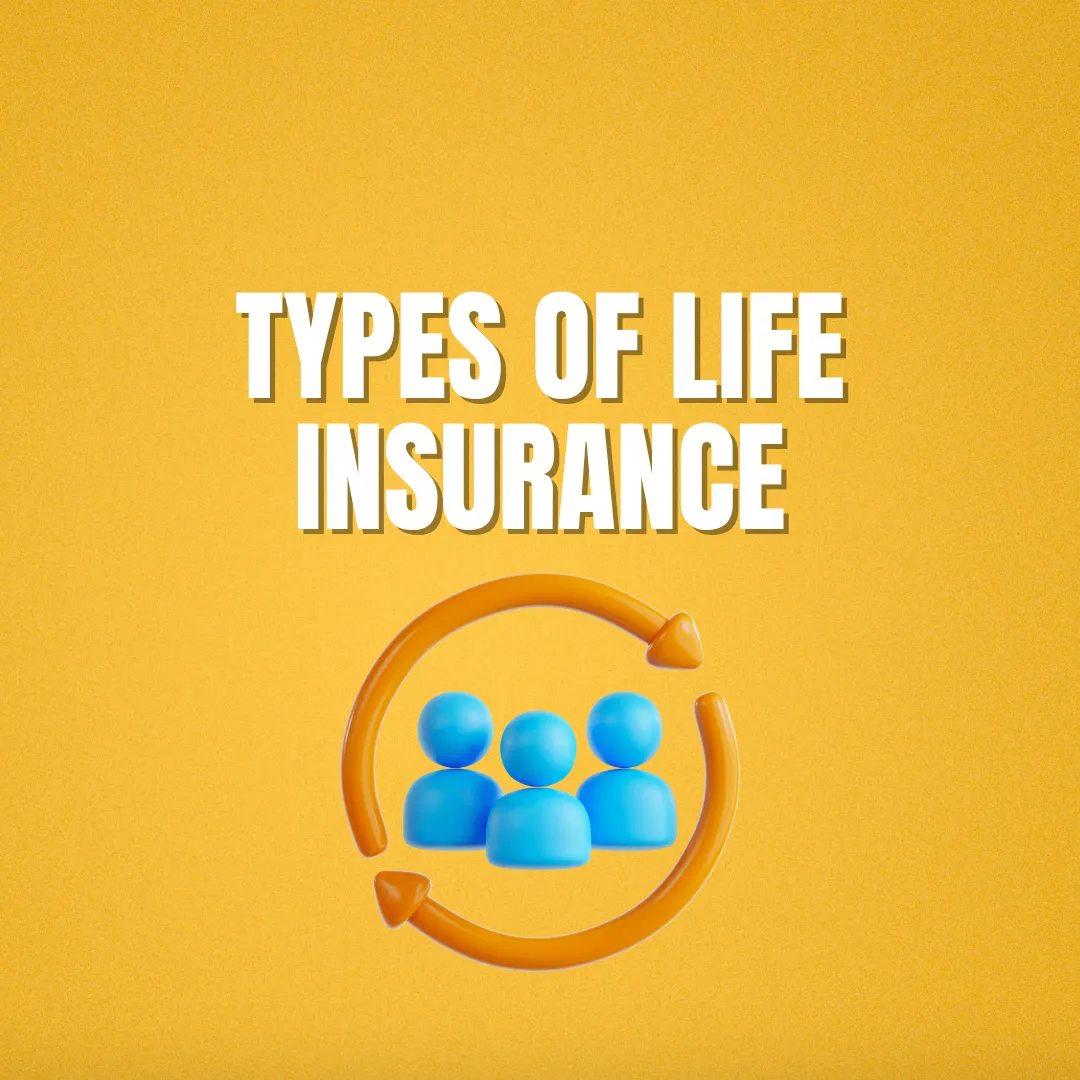
Types of Life Insurance
Understanding the Types of Life Insurance:
A Guide for Policy Seekers
Life insurance is an essential financial product that provides peace of mind, allowing you to protect your loved ones in the event of your untimely death. In both Canada and the USA, there are various types of life insurance policies tailored to meet different needs, and understanding these can greatly benefit anyone looking to invest in coverage.
Term Life Insurance
Term life insurance is one of the most straightforward and affordable types of life insurance. This policy provides coverage for a specified term, typically ranging from 10 to 30 years. If the policyholder passes away during this term, the beneficiaries receive a death benefit. However, if the term expires, there is no payout, and the policyholder must decide whether to renew the policy or seek another option.
Benefits:
- Lower premiums compared to permanent insurance.
- Ideal for those who need coverage for a specific period, like raising children or paying off a mortgage.
Considerations:
- No cash value component; policy terminates after the term ends if not renewed.
Whole Life Insurance
Whole life insurance is a type of permanent life insurance that provides coverage for the insured’s entire lifetime, as long as premiums are paid. It accumulates cash value over time, which can be borrowed against or withdrawn under certain conditions.
Benefits:
- Permanent coverage provides lifelong protection.
- Cash value growth can be used for various financial needs.
Considerations:
- More expensive premiums than term life insurance.
- Requires a long-term commitment to realize the cash value benefits.
Universal Life Insurance
Universal life insurance offers the flexibility of premium payments along with an investment savings element that earns interest. This type of policy allows the policyholder to adjust the death benefit and the amount paid in premiums over time.
Benefits:
- Flexibility in premium payments and death benefits.
- Potential for cash value growth based on interest rates.
Considerations:
- More complex compared to term or whole life policies.
- Cash value growth may not be as predictable.
Variable Life Insurance
Variable life insurance allows policyholders to invest the cash value in various investment options, such as mutual funds. The policy's death benefit and cash value can fluctuate based on the performance of the investments chosen.
Benefits:
- Potential for higher cash value growth.
- Flexible death benefits and premium payments.
Considerations:
- Market risks can affect the cash value and death benefit.
- More complex and requires active management of investments.
Final Expense Insurance
Also known as burial insurance, final expense insurance is a type of whole life insurance designed to cover the costs associated with funerals and other end-of-life expenses. These policies typically have lower face values and are easier to obtain.
Benefits:
- Helps ease the financial burden on loved ones during a difficult time.
- Provides quick access to funds.
Considerations:
- Limited coverage amounts, usually adequate for final expenses only.
Conclusion
Choosing the right type of life insurance depends on personal circumstances, financial goals, and protection needs. By understanding the various options available, individuals can make informed choices that ensure their loved ones are financially secure, even in their absence. It’s advisable to consult with a financial advisor or insurance professional to tailor a policy that aligns best with your individual situation and requirements.